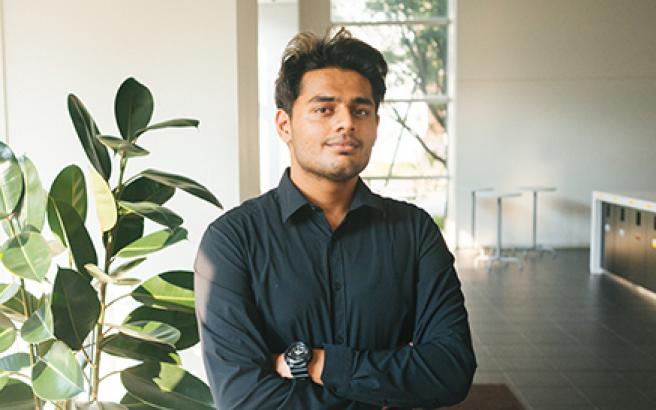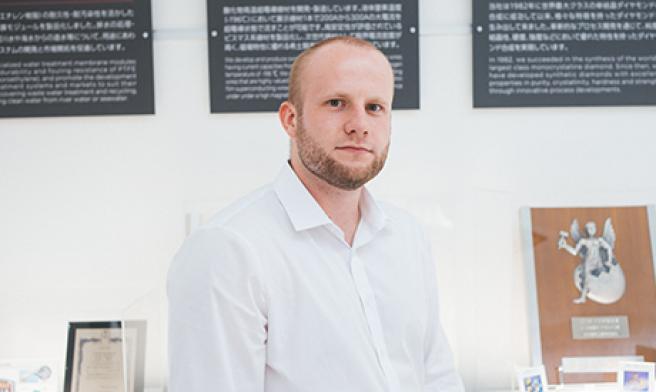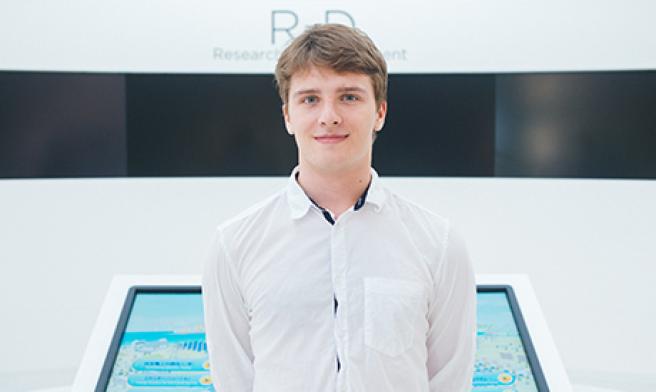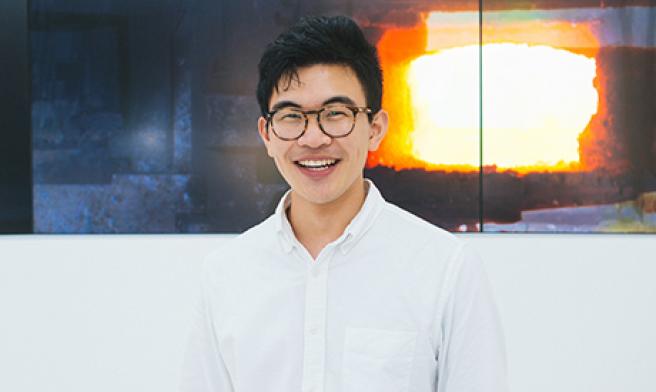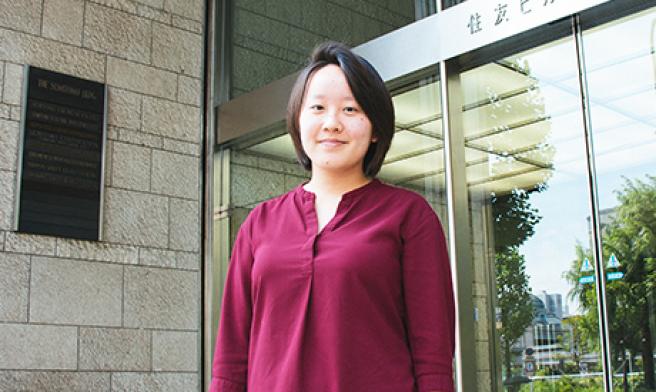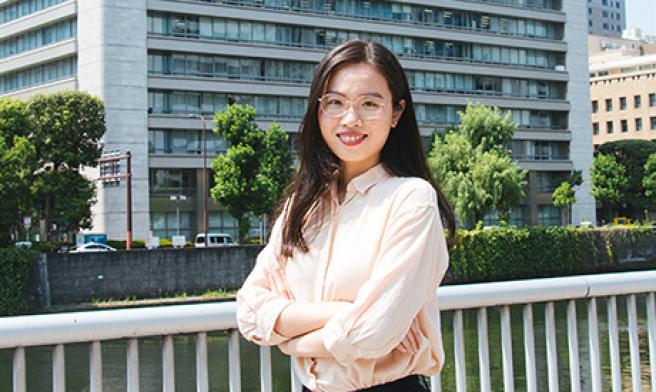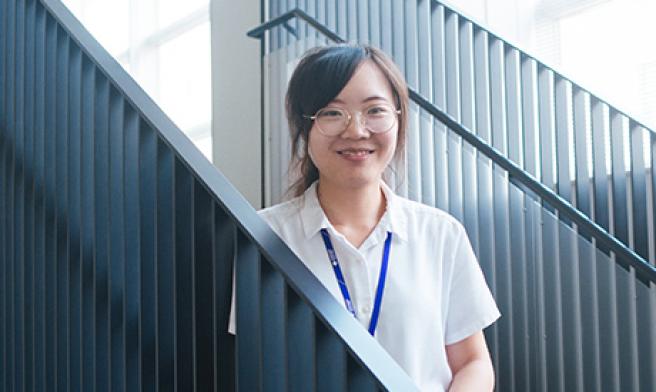
INTERVIEW
Electronics and Electrical Engineering
Intern at Power Systems R&D Center
Silvia is from Italy, currently studying at the University of Glasgow. She is pursuing a Bachelor degree in Electronics and Electrical Engineering. Silvia interned with us at our Power Systems R&D Center at Osaka Works for 10 weeks.
Why did you want to intern at Sumitomo Electric?
My decision of interning at Sumitomo Electric was based on two major considerations. First of all, Sumitomo Electric is a worldwide renowned company whose products span a huge variety of engineering fields. I thought that working at Sumitomo Electric would give me insights about the type of jobs available for engineering graduates in the electrical and electronics industries as well as about the type of skills needed for those jobs. Second, the internship offer was itself very appealing as it was related to smart grids. Since I plan on working in the smart grid sector in the future, I thought this would be a good chance to develop useful skills. In addition to these two considerations, the opportunity to visit Japan while interning was also a plus.
What has been the most interesting thing you have learnt from this internship?
On the technical side, the most interesting thing that I learnt during this internship is how power markets work and how data can be used in relation to power markets and smart management systems. In particular, I learnt how to develop data mining software in MATLAB and some bits of machine learning.
What was a typical workday like for an intern at SEI?
Working as an intern in the R&D Power Systems department at SEI starts with an early morning. Work begins at 8.30 am and ends at 5.15 pm, with a lunch break from 12.00 pm to 1.00 pm. During working hours, I mostly conducted independent work – coding or researching. I met with the rest of the team two or three times per week to define my work objectives or discuss issues together. I could nonetheless rely on my mentor and teammates whenever I had doubts or questions. After work, I usually went to the gym, and relaxed at home after dinner.

How has the internship help shaped your career?
The internship helped me develop technical and soft skills that will be useful in my future career. It also gave me insights on how Japanese companies are organized and what career prospects can be found in Japan. Most importantly, it helped me to identify which skills smart grid and power systems engineers needed. This has already redefined which subjects I will focus my attention on during my last year of university.
What advice do you have for future students considering to participate in this internship?
As this internship involves a good amount of independent work, it is important to be proactive and to not get discouraged when encountering difficulties in understanding the work requirements or the final goal of the internship. Talking with colleagues can help, although it is necessary to be open minded as Japanese communication works differently compared to other countries. Finally, for people working in R&D, I believe it is important to keep in mind that the department is a research department, so it is often the case that your colleagues will not know that much more about the internship topic compared to you; they might instead expect you to research about it on your own.
